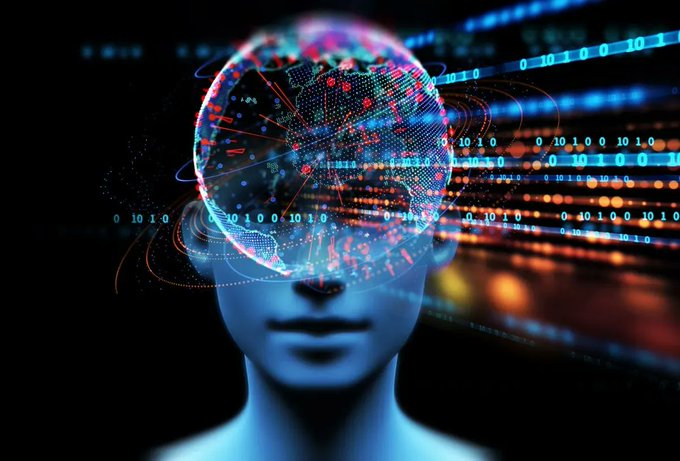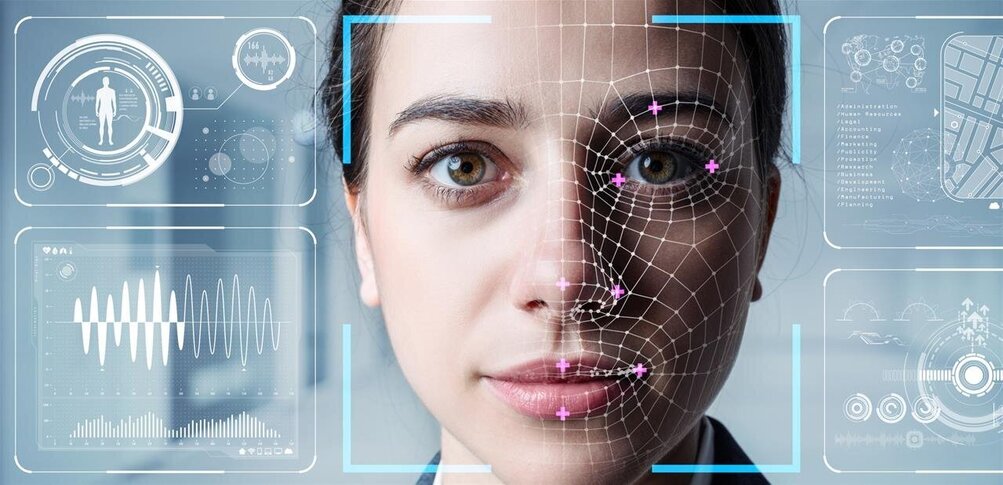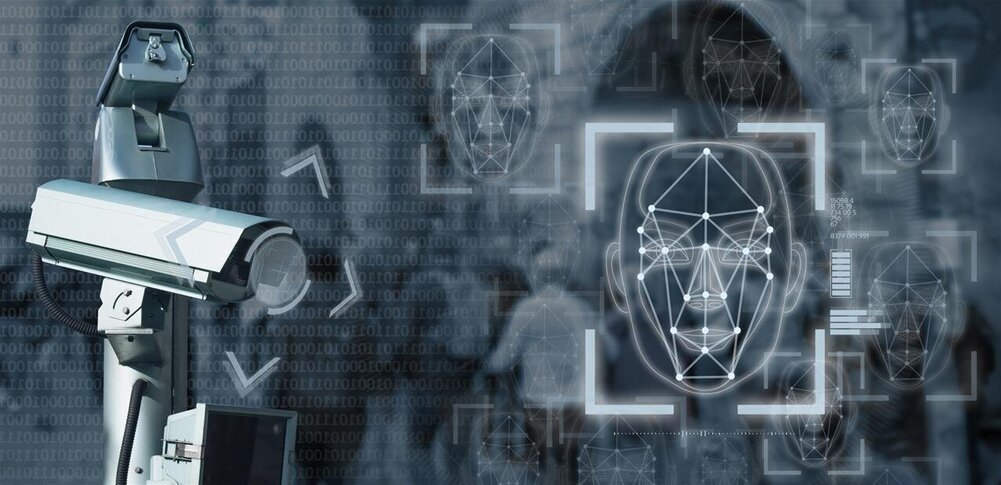n some industries, AI is celebrated as the key to unlocking the next frontier of innovation (think Elon Musk and Tesla), while in others, it’s considered almost a taboo topic (think healthcare). The nature of the work that’s being done in the industry plays some role in this perception, but there are other, equally influential but less spoken about factors at play.
Over the course of my career in this field (today I’m in healthcare, but I began my career as an astrophysicist at NASA), I’ve identified two specific factors that are critical to the acceptance or dismissal of automated solutions: the level of understanding around what AI can and cannot do and the characteristics of the processes and/or data that are being evaluated for potential streamlining.
The Covid-19 Effect
The pandemic has played a really interesting role in moving AI forward on both these fronts, particularly in industries that have been historically reluctant to turn decision making over to machines. Faced with unprecedented mountains of health data due to Covid-19, health plans, for example, started seeking out vendors with automation solutions to help them process the data faster because that function was so essential to delivering care during the early days of the pandemic. Some of the data was clinical, but other data, such as provider updates, was nonclinical but just as central to helping patients access care.
Mots-clés : cybersécurité, sécurité informatique, protection des données, menaces cybernétiques, veille cyber, analyse de vulnérabilités, sécurité des réseaux, cyberattaques, conformité RGPD, NIS2, DORA, PCIDSS, DEVSECOPS, eSANTE, intelligence artificielle, IA en cybersécurité, apprentissage automatique, deep learning, algorithmes de sécurité, détection des anomalies, systèmes intelligents, automatisation de la sécurité, IA pour la prévention des cyberattaques.






